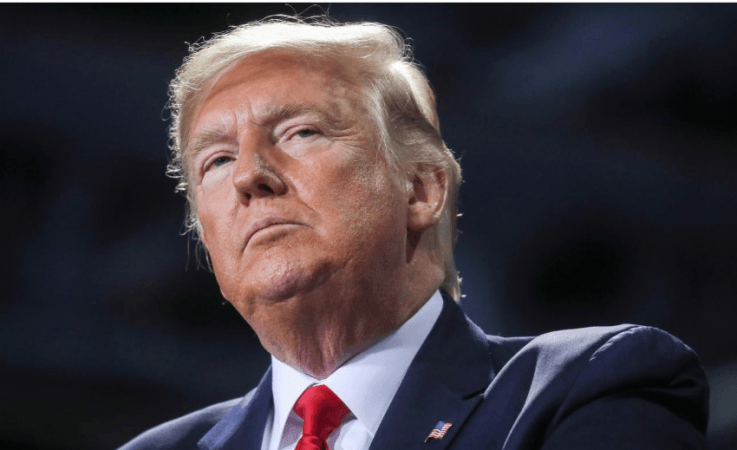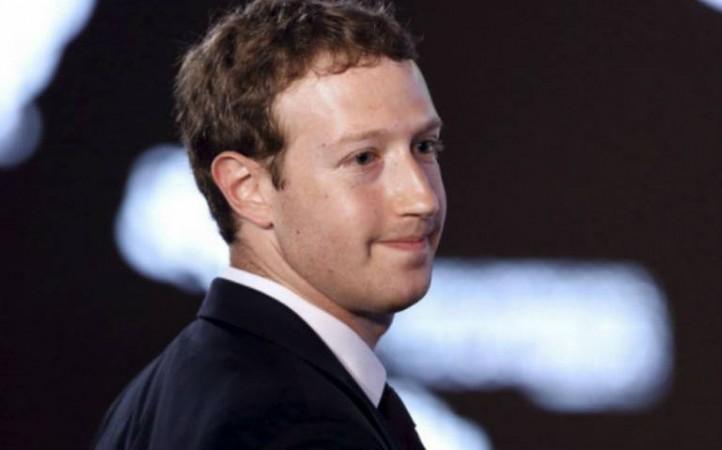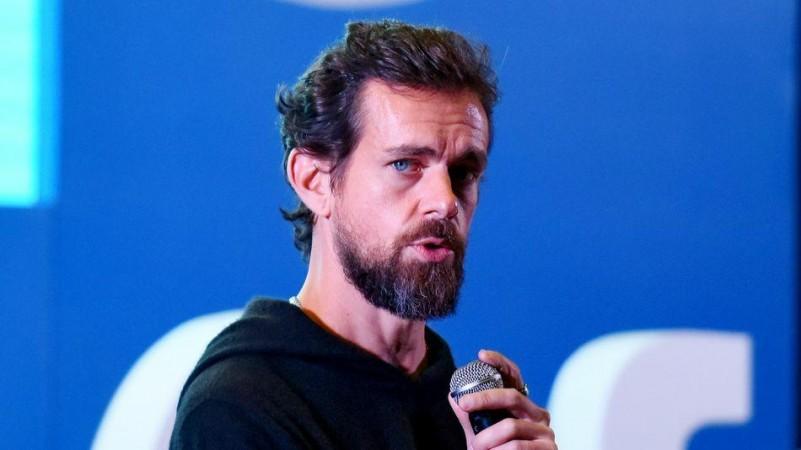Misinformation and fake news have been a nuisance in the digital age. It is as simple as posting any information on social media platforms like Facebook and Twitter or even forwarding the content on messaging platforms like WhatsApp - and the information spreads like wildfire. When an influential personality with millions of followers does the same, the impact is far higher and greater.
In a bold move, Twitter started fact-checking the posts of US President Donald Trump this week, which triggered a debate between the powerful leader and the popular social networking platform. It started with a warning Twitter posted next to Trump's tweet on about mail-in ballots being "substantially fraudulent" that readers must "get the facts about mail-in ballots." Twitter's decision divided people, with many criticizing Twitter and others pointing out that the execution was long overdue.

Social media platforms should not be arbiters of truth
While Twitter was on a receiving end of Trump's ballistic criticism and an executive order targeting social media companies. With that, the founder of the world's largest social media platform Facebook decided to side with President Trump. Mark Zuckerberg, in a recent interview with CNBC, said the move is dangerous.
"We're different companies," Zuckerberg stated. "But I think we've been pretty clear on what I think the right approach is, which is I don't think that Facebook or Internet platforms, in general, should be arbiters of truth. I think that's kind of a dangerous line to get down to in terms of deciding what is true and what isn't."
Zuckerberg further went on to say that fact-checking politicians is not same as doing it for other users as they are public figures. Political speeches are highly sensitive in a democracy and people should be able to see what politicians say, he added.

Zuckerberg said there could be exceptional cases when certain things must be censored for the greater good.
"Because we don't want to be determining what is true and false, doesn't mean that politicians can say whatever they want. And our policies are grounded in trying to give people as much of a voice as possible while saying if you are going to harm people in specific ways if you are going to do something that's going to cause violence if you are saying that something is a cure to a disease that has been proven to be a cure, but it's not, and that could lead people to either not seek another treatment or do something that could be harmful, we'll take that down no matter who says that," Zuckerberg said.
Jack Dorsey criticises move

Twitter's Jack Dorsey was vocal about the criticism his company faced following the move. In response to Zuckerberg's comment, Dorsey said, "This does not make us an "arbiter of truth." Our intention is to connect the dots of conflicting statements and show the information in dispute so people can judge for themselves. More transparency from us is critical so folks can clearly see the why behind our actions."









